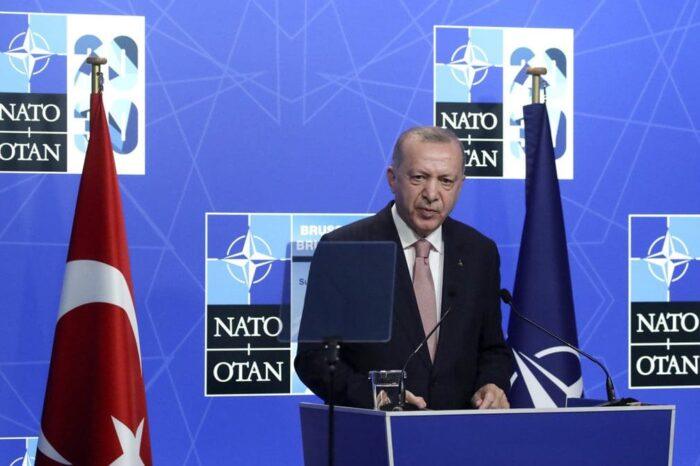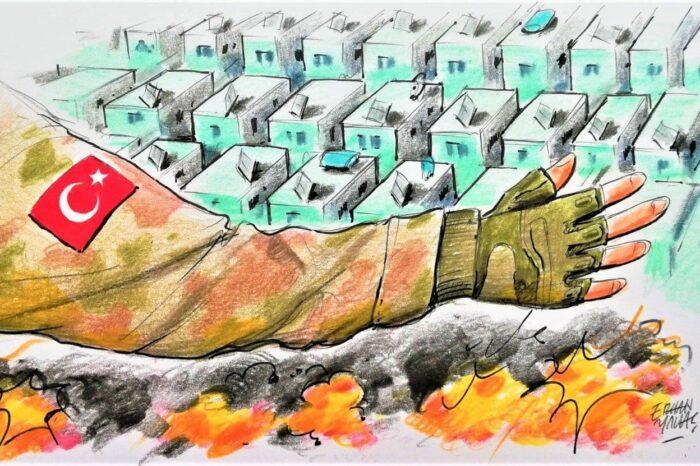President Obama and Syria
In a few weeks time, it will be seven years since the inauguration of President Barack Obama for his first term as president of the United States, and he will be in his last year in office. What will determine his legacy, as president, will be in part his decisions in the foreign and security policy of the country in these seven years. Without a doubt, the crisis in Syria, which has left more than 250,000 people dead and millions of people without any home or any hope, will be one of the issues upon which his legacy will be evaluated. We will most probably read memoirs by his advisers and his “kitchen cabinet” in the next few years, and the accounts provided will give us a sense of what President Obama was thinking in regards to Syria. When these accounts are published, we can compare these narratives with those provided by administration officials that left the Obama administration in the last seven years that provided a consistently bleak picture of decision-making mechanisms in foreign policy. In particular, those administration officials that engaged in or witnessed decision-making mechanisms in regards to Syria mostly indicate a lack of strategy and a very closed decision-making system in the administration. Apparently, President Obama wanted to run things alone — only in consultation with several close aides and kept many high-level administration people out of the loop during this process. This inner circle has been criticized by almost everyone that previously held a position in the administration.
A few news reports published within the next week contributed to the consolidation of this image of Obama’s decision-making mechanisms.
First of all, in his first interview since his forced resignation, former Secretary of Defense Chuck Hagel provided insights into the decision-making mechanism in the White House concerning Syria to Foreign Policy magazine. Hagel not only criticized the lack of strategy by the White House in regards to Syria but also was very skeptical of the effectiveness of its decision-making mechanism. He talked about “the episode as an example of a White House that has struggled to formulate a coherent policy on Syria, holding interminable meetings that would often end without a decision, even as conditions on the ground worsened and the death toll grew steadily higher.” According to Foreign Policy, “His account describes an administration that lacked a clear strategy on Syria during his time in office and suggests that it may not have one anytime soon – despite the mounting carnage and waves of refugees.” More importantly, what Hagel said in this interview was more or less in line with statements by former administration officials that have written memoirs abut decision making in Obama’s White House.
In regards to Syria policy, new information is shedding light on the goals and intentions of the administration during this period. In a story published by the Wall Street Journal last week, it was revealed that the administration has had some form of backchannel activity with the Syrian administration since the beginning of the crisis in Syria. In particular, it was revealed that the administration, other than the red line speech of President Obama, sent different signals and messages to the Syrian regime through Russian and Iranian officials not to use chemical weapons. These messages and warnings were also conveyed more directly by administration officials to Syrian authorities. After the use of chemical weapons, these communications mostly focused on containing the conflict, according to the report.
We will most probably continue to have more information about Syria policy in the next few years, and these new accounts will enable a better analysis of the policy of the Obama administration since the beginning of the crisis. His account and his inner circle’s narrative will launch a new debate in U.S. foreign policy literature about U.S. policy in regards to this crisis. Until then, these new revelations provide small patches in our understanding of President Obama’s position in Syria and his main rationale.
This article was first published in the Daily Sabah on December 25, 2015.























